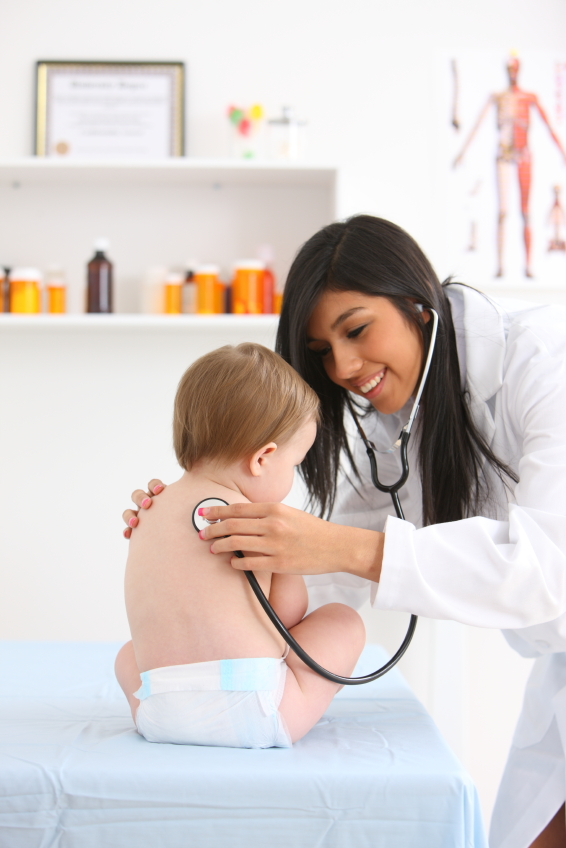If your child is diagnosed with RSV and you’re worried about what that means, take a deep breath ““ RSV, or respiratory syncytial virus ““ is actually the most common cause of lower respiratory tract infections in children, and most children will have had RSV by age 2.
But that doesn’t mean it can’t be serious.
According to the Centers for Disease Control and Prevention, there are more than 57,000 children younger than 5 years old hospitalized with RSV each year in the United States.
“RSV isn’t necessarily our favorite thing to see because, while the vast majority of kids are fine, a portion of them are going to get very, very sick, and it’s usually the kids who are very young who are going to get very sick,” said Dr. John LaCount, a pediatrician with St. Elizabeth Physicians’ Florence office. “The younger the kid, the more I’m on edge about a cold or congestion or a cough, especially if the kid isn’t eating well.”
According to the American Academy of Pediatrics, RSV causes a fever, runny nose and cough. But premature infants, infants with lung disease or children with weakened immune systems can develop serious lower respiratory tract infections and need to be hospitalized.
In infants and kids who become very sick with RSV, it’s because they aren’t able to clear the secretions from their lungs efficiently and end up having a lot of wheezing, LaCount said. And, currently, there are studies underway to evaluate if RSV is a potential risk for future asthma/wheezing problems.
One of the biggest concerns with RSV is dehydration.
That’s why the primary treatment for kids who have RSV is good bulb suctioning of the nose, LaCount said. If parents are able to clear out the nose effectively by suctioning the nose that usually decreases the coughing and congestion and allows the child to eat and drink and keeps him or her from becoming dehydrated.
“This is a viral infection,” he said. “Right now, we use supportive therapy, including fluids, suctioning and supplement oxygen for more severe cases. The need for oxygen or additional fluids can sometimes necessitate hospitalization. Antibiotics aren’t used to treat RSV alone. If families are OK with the use of the bulb to suction, there isn’t a great deal more we can do to treat this as an outpatient. If your child develops retractions, flaring or color change, he or she needs to be seen by your physician.”
Although it’s most common in the winter, RSV is highly contagious, so make sure you and your child always wash your hands with warm water and soap. Also, avoid exposures when possible ““ cover your cough, and keep children under 2 months “cocooned” with limited trips outside of the home.


